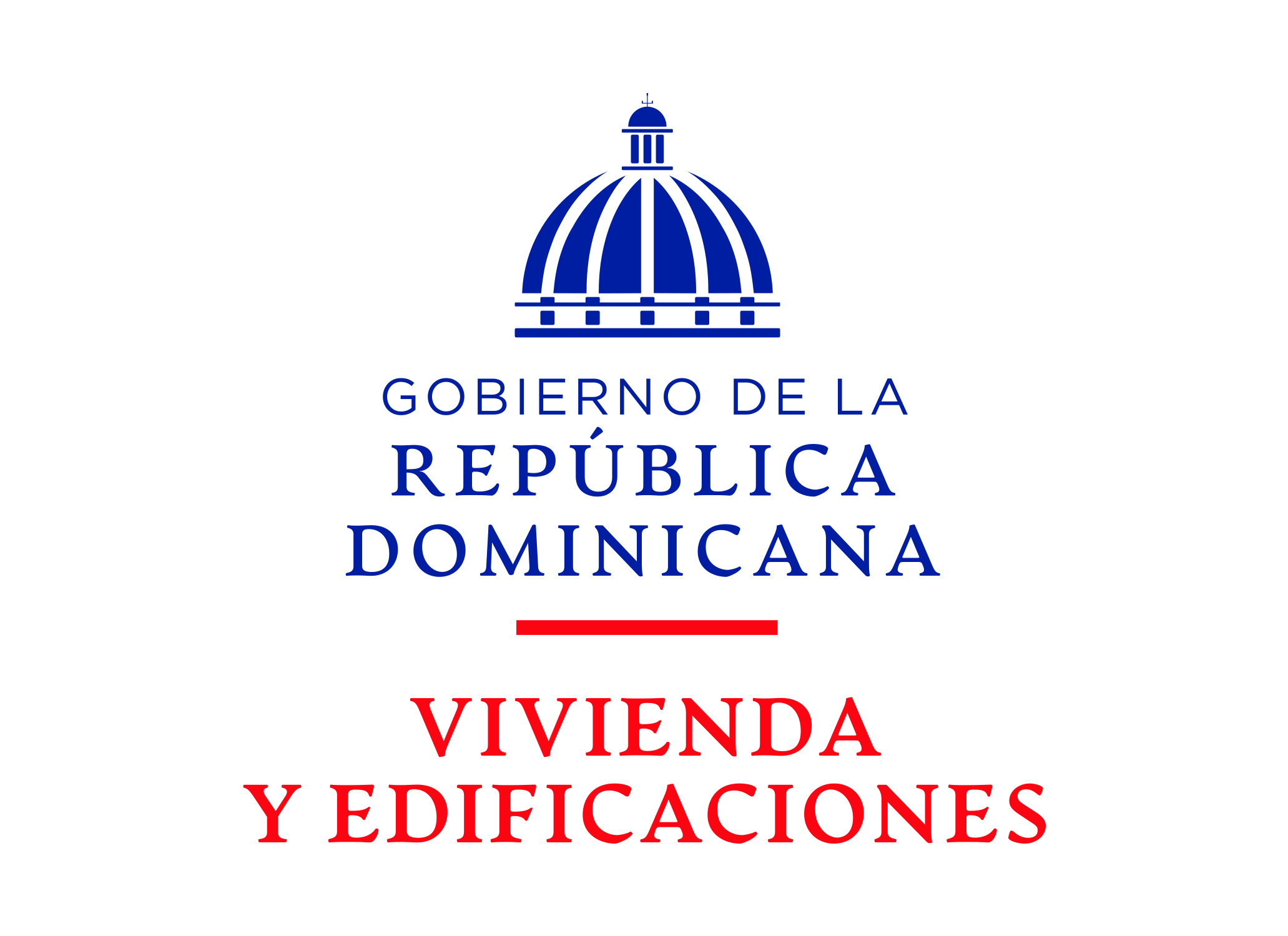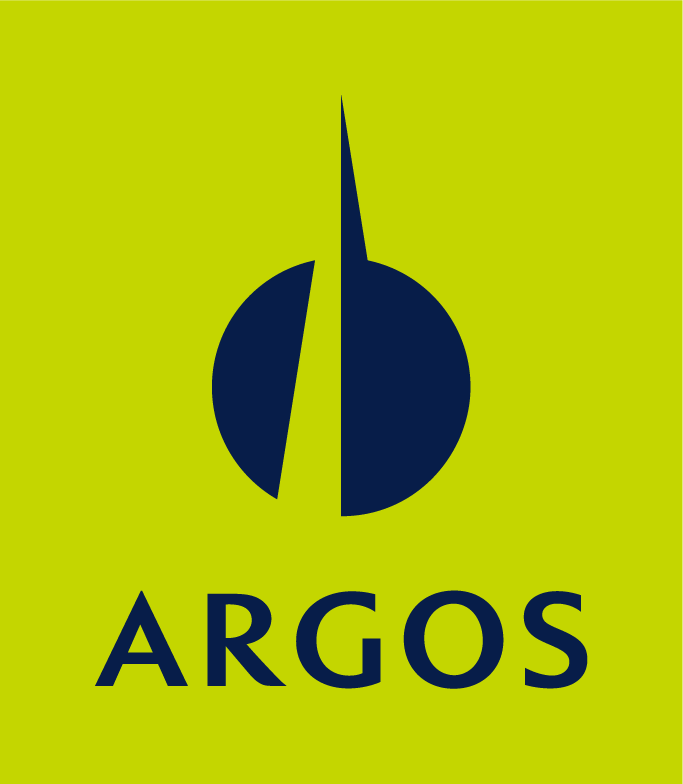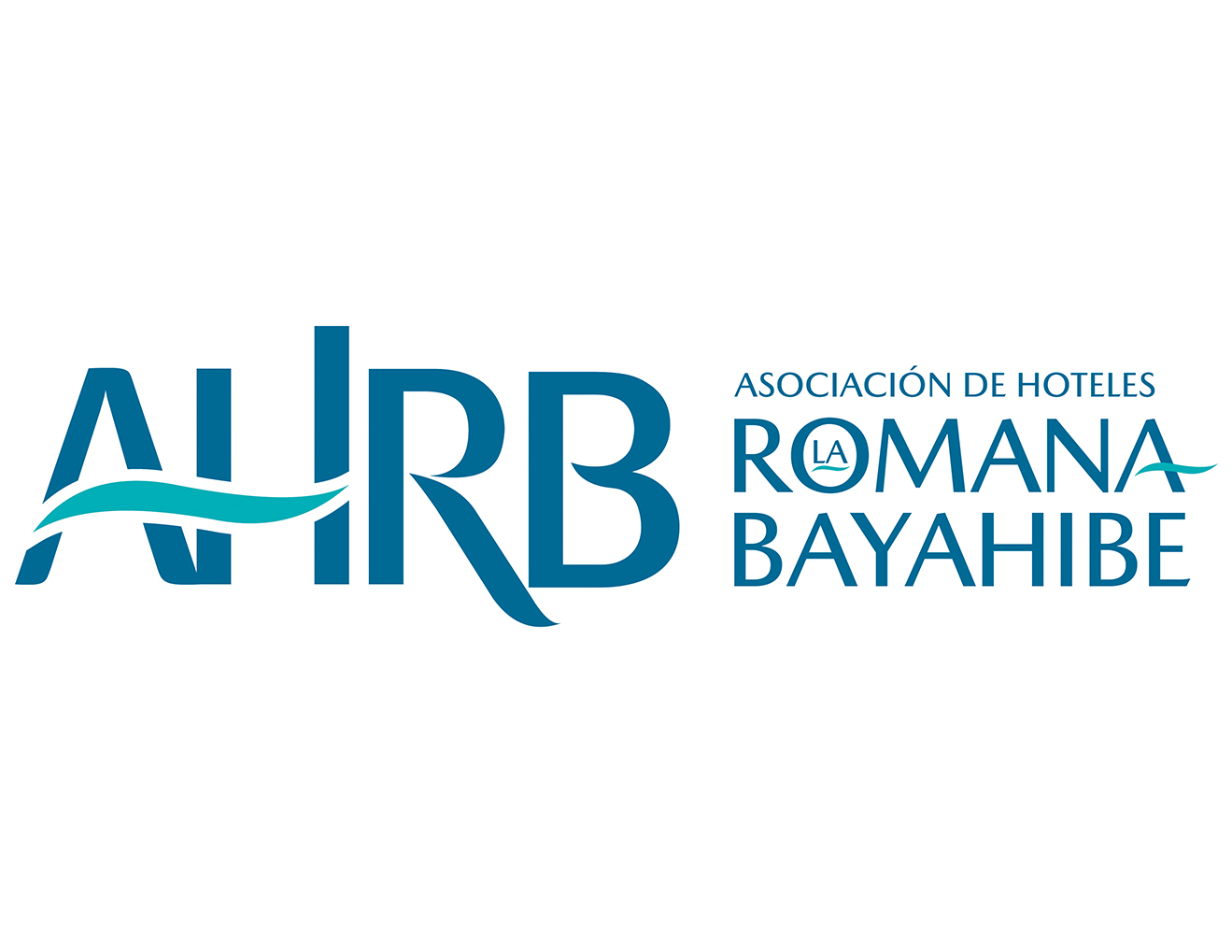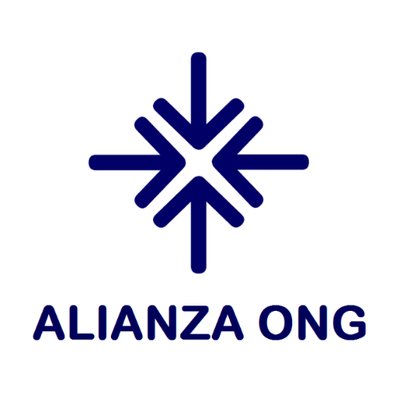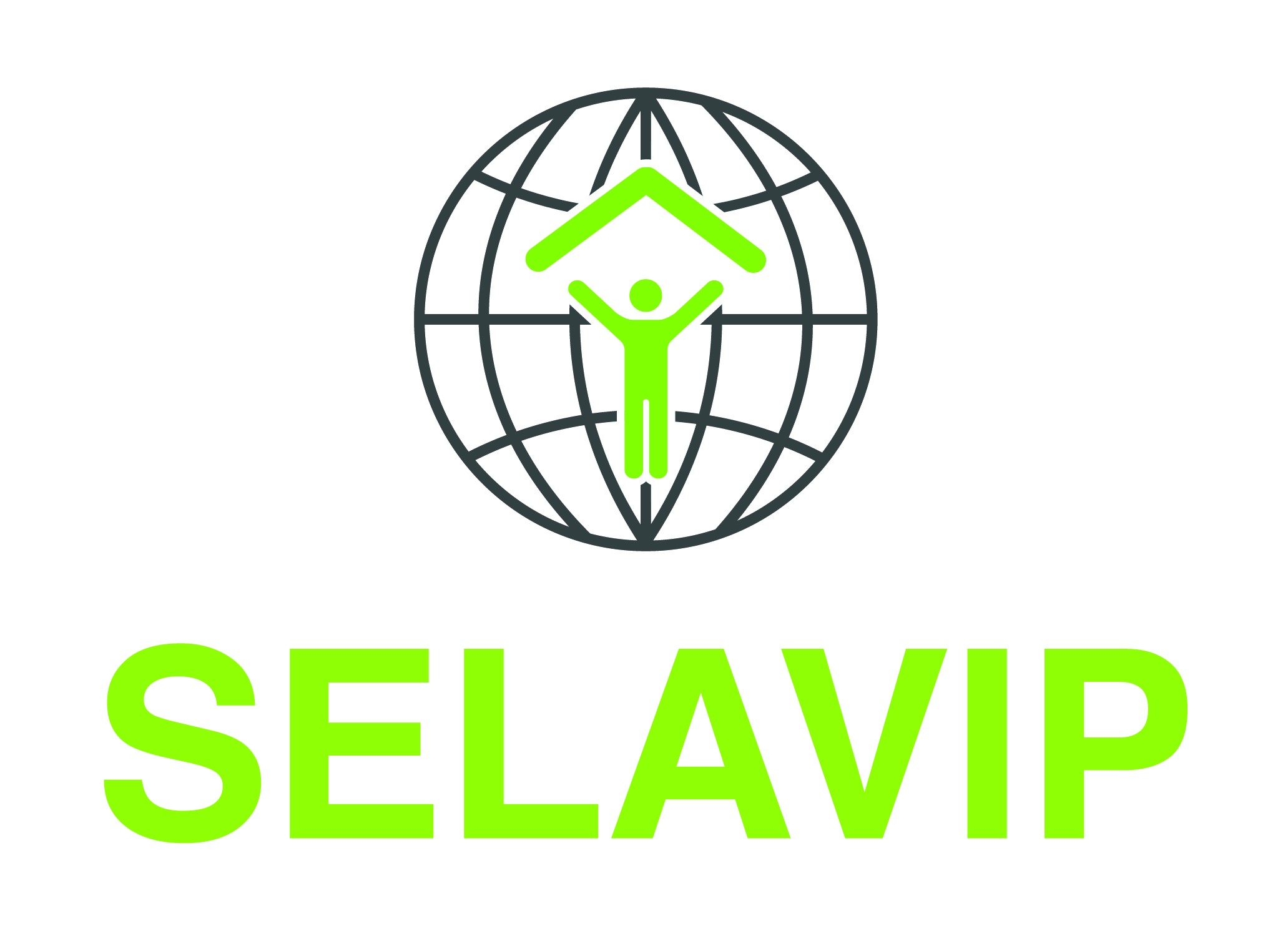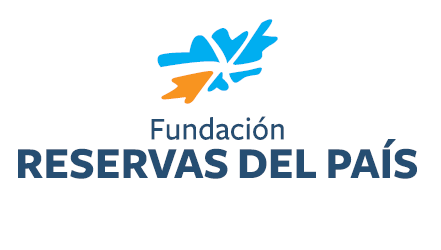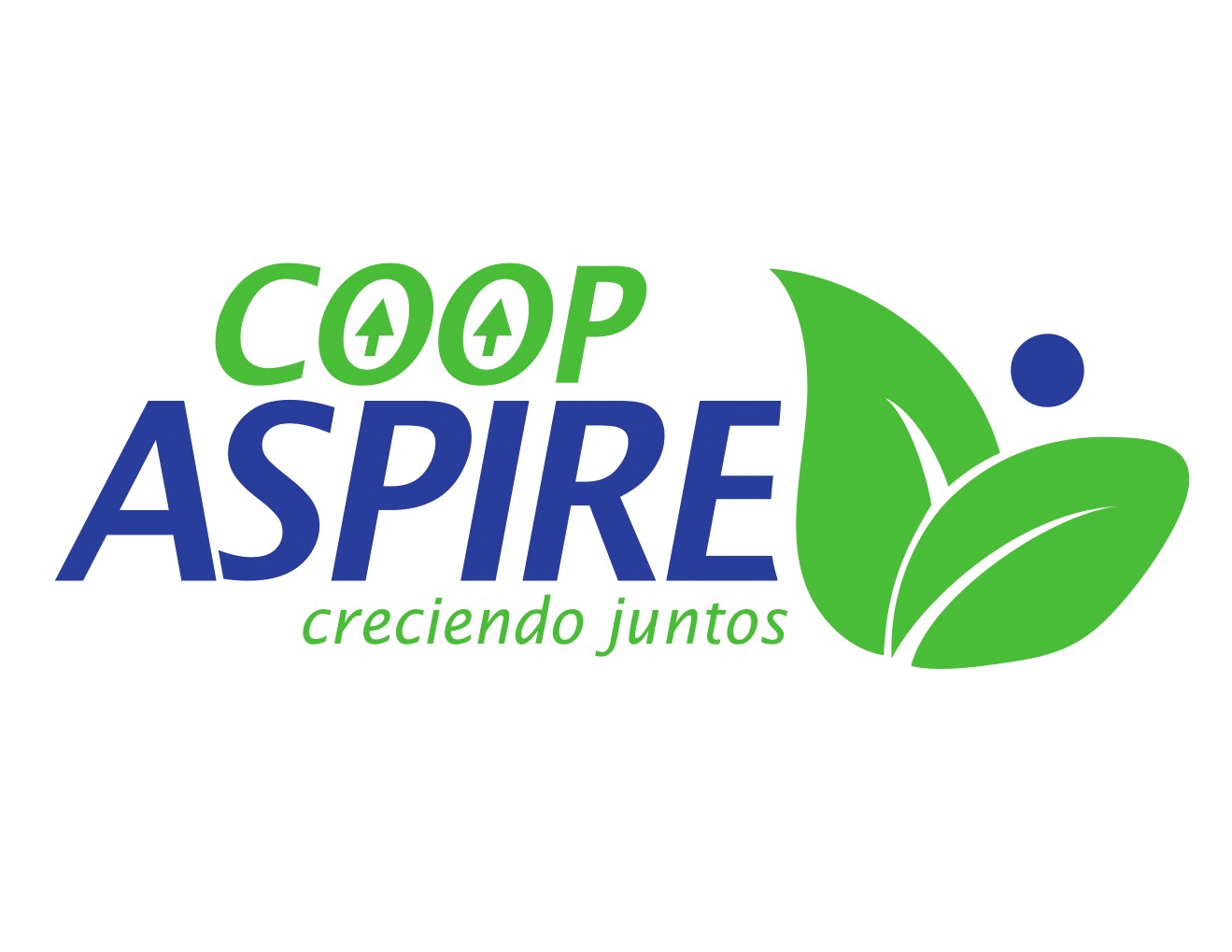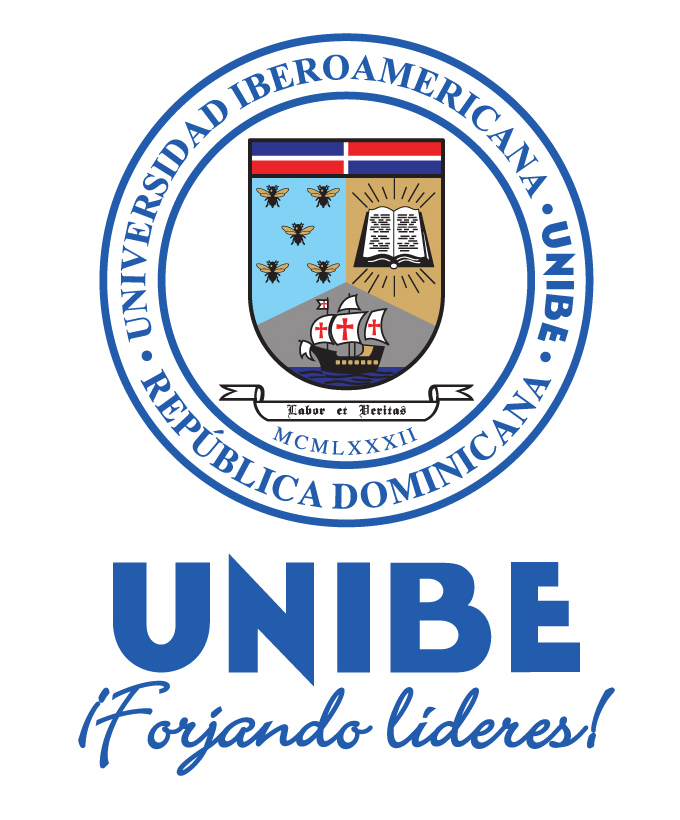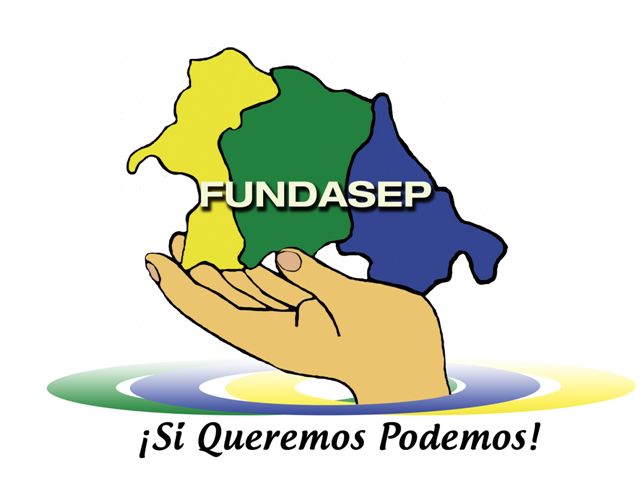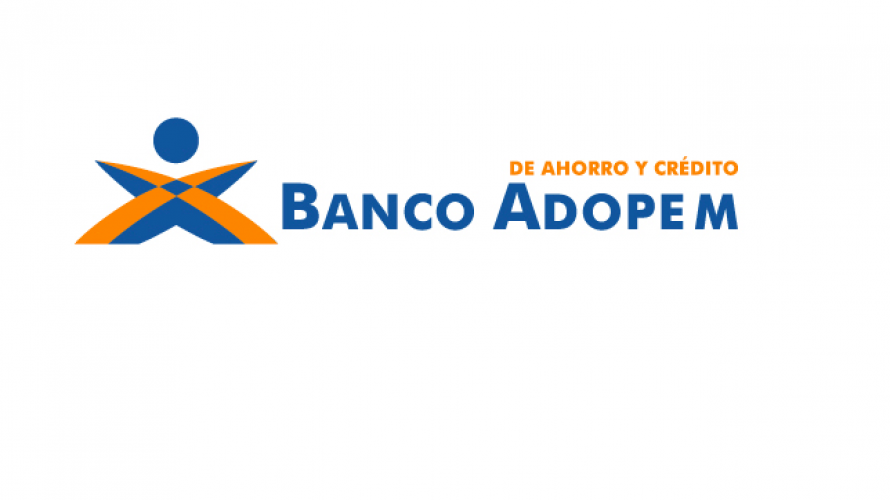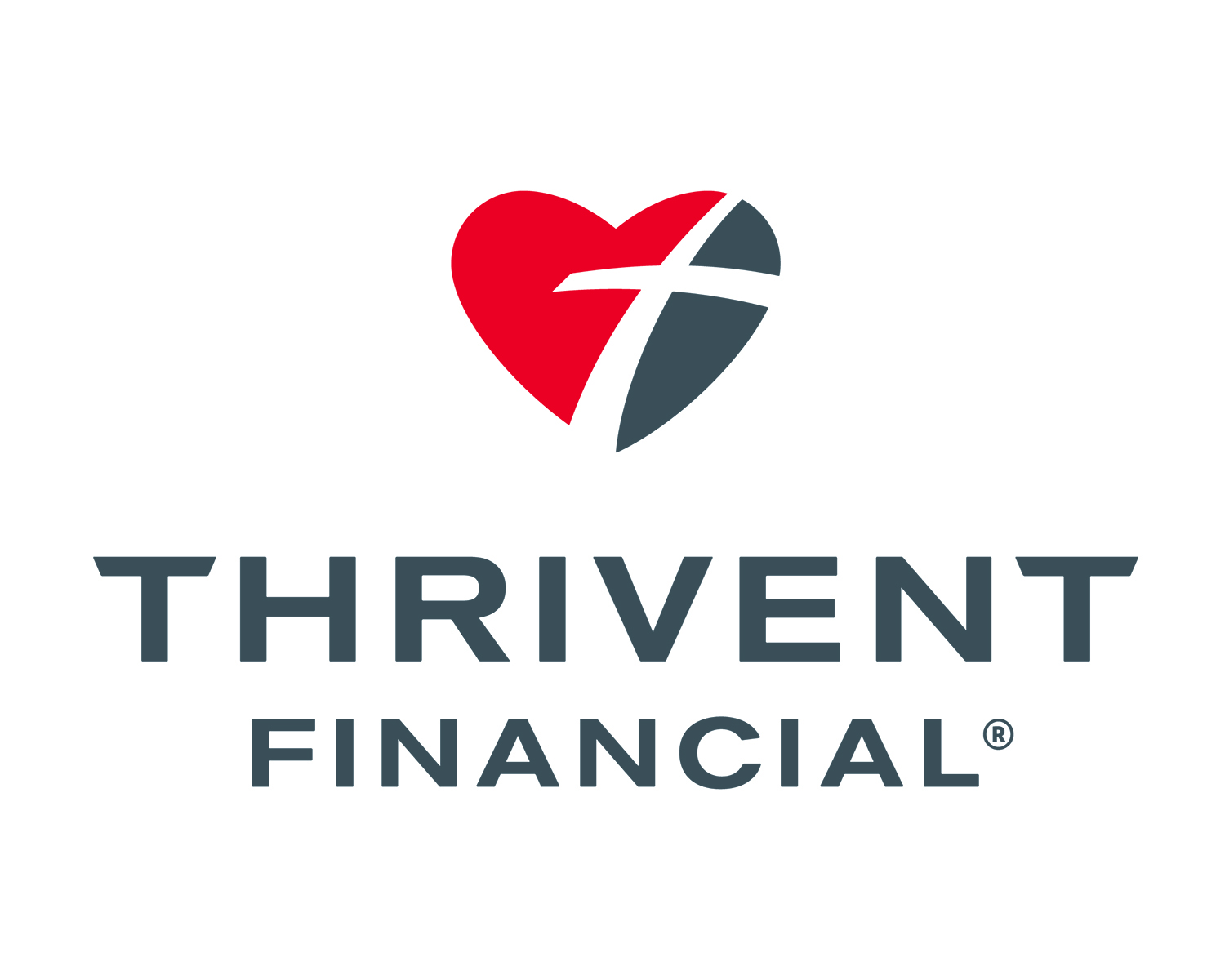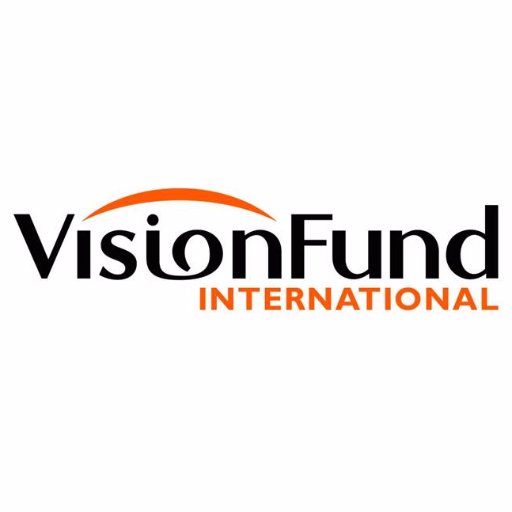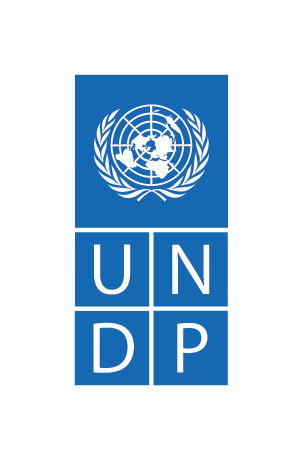We often hear the expression “natural disasters” said when it refers to the general affectation caused by hurricanes, storms, floods, droughts or other phenomena. This expression implies that nature is to blame for the damages, losses and deaths caused; However, the consequences of the phenomena are not the same for the people and territories impacted: the disaster will depend on many factors that have nothing to do with “nature”.
The fact of seeing disasters as “natural” or caused by divine order does not allow for a more in-depth analysis of the responsibility of human beings, governments, the implementation of public policies and legal frameworks. Disasters are caused by the vulnerable conditions in which people live and the social construction of risk. The threats and / or natural phenomena combined with the conditions of vulnerability (physical, social, institutional, socioeconomic) against the human element are what trigger disasters. If a natural phenomenon impacts an area or environment where there are no human beings, it would not be considered a disaster.
An article shared in 2015 by the Red de Organizaciones de la Sociedad Civil para la Reducción de Riesgos de Desastres (GNGR) establishes that “disasters are not natural, they are the product of historically determined social processes”. It is evident that disasters disproportionately affect the “poor” and the areas with the highest vulnerability indexes, but all this can be remedied and mitigated.
As a country we are recurrently impacted by natural incidents, being affected the same groups, groups and territories that are in a vulnerable condition, is this caused by nature? What are the structural causes? Improving this situation requires the implementation of preventive and preparedness measures, as well as longer-term post-disaster recovery programs: working with a rights-based approach to the application of public policies and the restitution of rights to affected groups. Strategies for sustainable development must be generated, learn from the past and invest in the present to have a better future.




